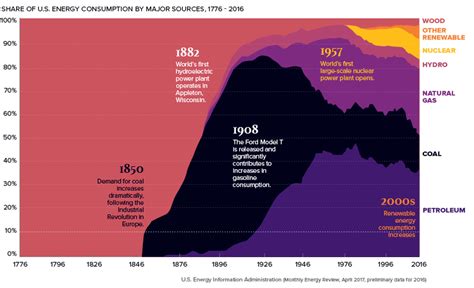Introduction

Agribusiness, the vast interconnected system encompassing agriculture, biotechnology, and food production, is a cornerstone of human geography. Its influence spans the globe, shaping landscapes, economies, and societal structures. This article delves into the multifaceted aspects of agribusiness, examining its impacts on food security, sustainability, and the global community.
Global Reach and Economic Importance
Agribusiness is a colossal industry, accounting for approximately 10% of global gross domestic product (GDP). It employs over 1 billion people worldwide, making it one of the largest sectors of the global economy. Its reach extends from small-scale farmers to multinational corporations, connecting food producers and consumers across borders.
Food Security and Sustainability
Agribusiness plays a crucial role in ensuring global food security. By increasing agricultural productivity through advancements in technology, breeding, and irrigation, agribusiness has helped to feed a growing population. However, the industry also faces challenges related to sustainability.
- 1 in 9 people globally suffer from chronic hunger.
- 33% of food produced is wasted.
- 70% of global freshwater withdrawals are used in agriculture.
Agribusiness must navigate these challenges to meet the sustainability needs of the future.
Environmental Impacts
Agribusiness has significant environmental impacts. Agriculture is a major contributor to greenhouse gas emissions, deforestation, and water pollution. The industry’s use of chemicals and fertilizers can also harm soil health and biodiversity.
- 14.5% of global greenhouse gas emissions come from agriculture.
- 80% of deforestation is driven by agricultural expansion.
- 70% of water pollution is caused by agricultural runoff.
As demand for food grows, agribusiness must develop more sustainable practices to preserve the environment.
Social Impacts
Agribusiness affects the lives of millions of people worldwide. Farmworkers often face low wages, poor working conditions, and limited access to healthcare. The industry also contributes to social inequality, as profits tend to be concentrated in the hands of a few large corporations.
- $2.5 trillion in agricultural subsidies are provided to farmers each year.
- 3 million farmworkers in the United States earn less than the federal poverty line.
- 10 corporations control over 60% of the global food market.
Agribusiness must address these social concerns to create a more equitable and just food system.
Technological Advancements
Technology is rapidly transforming agribusiness. Precision agriculture, genetic engineering, and artificial intelligence are enabling farmers to increase productivity and reduce environmental impacts. These advancements also have the potential to address challenges in food security and sustainability.
- 50% increase in agricultural productivity by 2050 is projected due to technological advancements.
- $4.5 billion is invested in agricultural technology each year.
- 30% of farmers use precision agriculture techniques.
As technology continues to advance, agribusiness will face opportunities and challenges in adopting and implementing these innovations.
Future Directions
The future of agribusiness hinges on the industry’s ability to address global challenges while meeting consumer demands. Key areas of focus include:
- Sustainable intensification: Increasing agricultural productivity while minimizing environmental impacts.
- Climate-smart agriculture: Adapting and mitigating agricultural practices to the effects of climate change.
- Precision nutrition: Tailoring food production to meet the specific nutritional needs of populations.
- Agriculture 4.0: Leveraging digital technologies to improve efficiency and sustainability.
By embracing these future directions, agribusiness can continue to play a vital role in feeding the world while promoting human and environmental well-being.
Conclusion
Agribusiness is a complex and dynamic force that shapes human geography in multifaceted ways. From food security and sustainability to economic growth and social inequality, the industry has a profound impact on our world. As the global population and demand for food continue to grow, agribusiness faces challenges and opportunities.
By addressing environmental and social concerns, adopting technological advancements, and embracing sustainable practices, agribusiness can contribute to a more just and equitable food system for the future.
